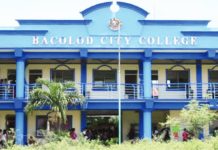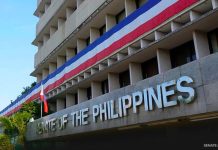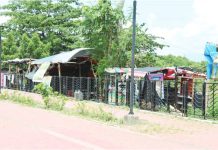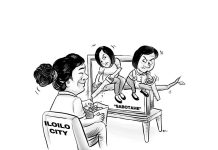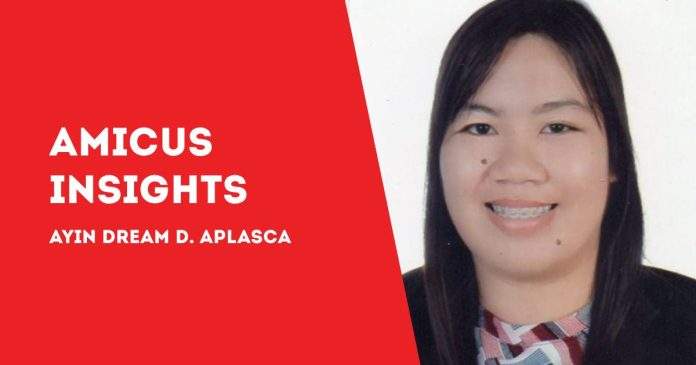
THE INTEREST of the Discaya couple to become a state witness is a textbook example of how the Witness Protection Program is often misunderstood and misused. Cloaking oneself with the promise of testimony should not be mistaken for a free pass to escape accountability. And yet, that is exactly what the Discayas seem to be angling for.
Republic Act (RA) 6981, the Witness Protection, Security and Benefit Act, is clear. Not everyone can claim its benefits. The law sets strict requirements: the testimony must be absolutely indispensable for conviction; the applicant must be the least guilty among the accused; the testimony must be credible and corroborated; and the witness must not have been convicted of crimes involving moral turpitude. These are not optional conditions. These are mandatory safeguards.
Measured against standards, Discaya’s claim falls apart. By all accounts, their participation in the anomaly was not peripheral but central. They are not the “least guilty.” They are among those at the very core of the wrongdoing. Their testimonies, while perhaps useful, are not the sole pathway to conviction. Other evidence and witnesses exist, making their words far from indispensable. And their shifting statements – sometimes contradicting the record, sometimes betraying self-interest – do not inspire confidence in credibility.
To grant them state witness status despite these disqualifications would be a perversion of the law. It would turn the law from a shield for truth-tellers into a loophole for opportunists. Worse, it would embolden other accused persons to treat the Witness Protection Program as a bargaining chip – admit partial guilt, point fingers elsewhere, and walk away cleansed. That is not justice; that is escape.
What makes this attempt even more galling is the human cost. Behind every ghost project, every kickback, every act of corruption, are ordinary Filipinos left with crumbling infrastructure, wasted funds, and diminished trust in the government. Billions are lost to anomalies, yet those responsible now want to wash their hands by hiding behind technicalities.
Congress and the courts must not allow this. The integrity of the justice system demands that only those who truly meet the law’s requirements gain protection. To let the Discaya through would not only reward duplicity but also betray the very purpose of R.A. No. 6981. The law was enacted to pierce criminal syndicates by protecting small fish who help catch the big ones, not to let big fish wriggle free by throwing scraps to investigators.
The public is weary of seeing accountability eroded by clever maneuvering. Discaya’s gambit must be called what it is: an attempt to exploit the law for self-preservation. The Department of Justice must slam the door on this bid. Let the guilty face trial, let the evidence speak, and let justice be served without compromise.
Anything else, and the Witness Protection Program will no longer be a pillar of truth-seeking, but a sanctuary for scoundrels./PN


